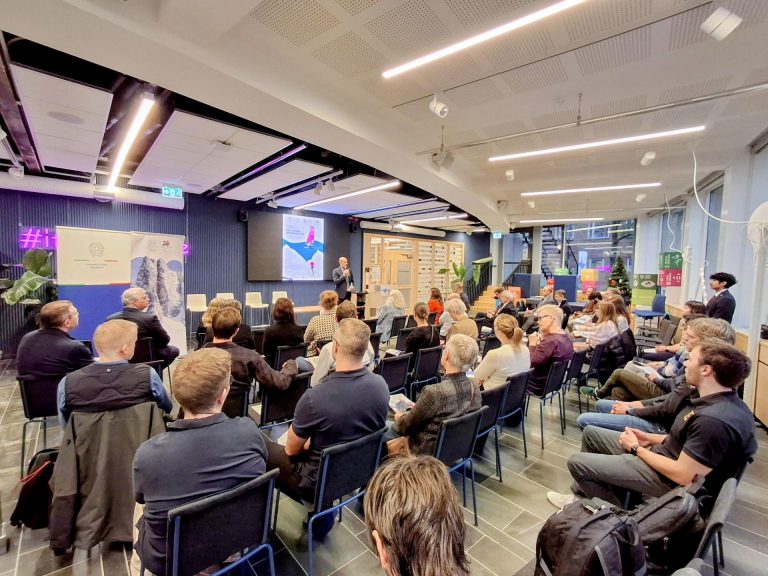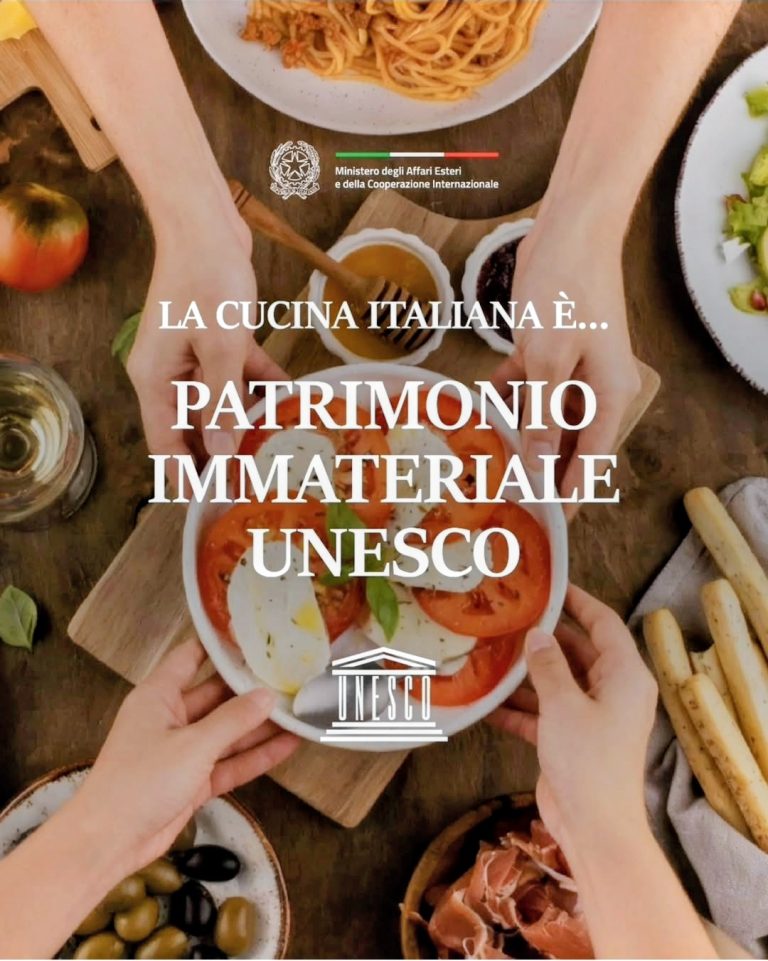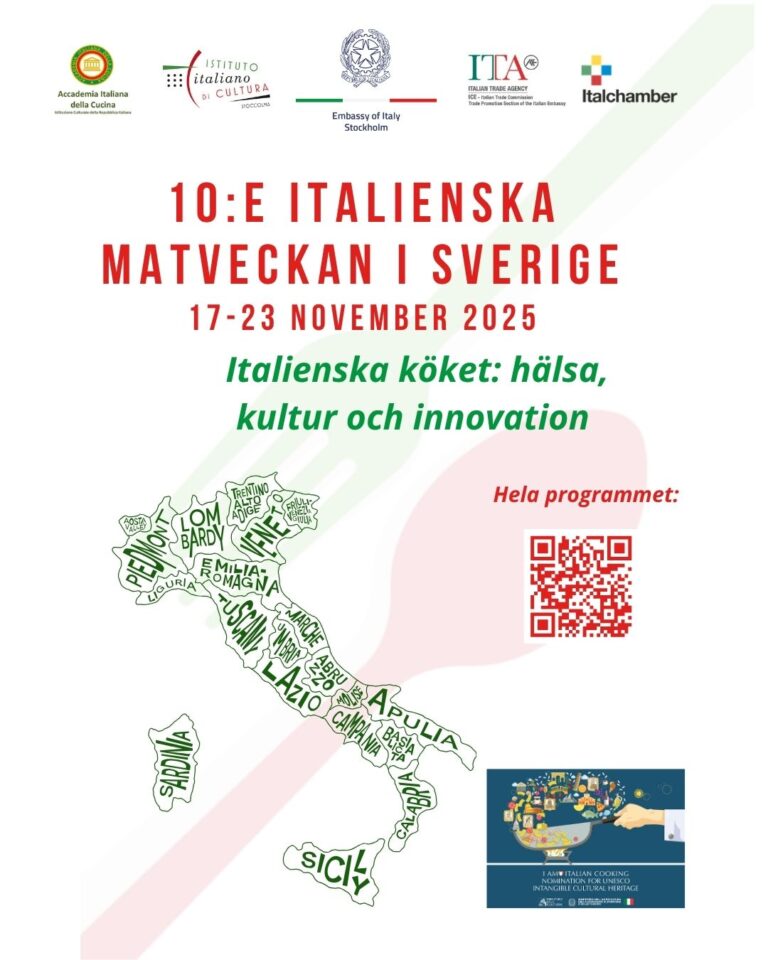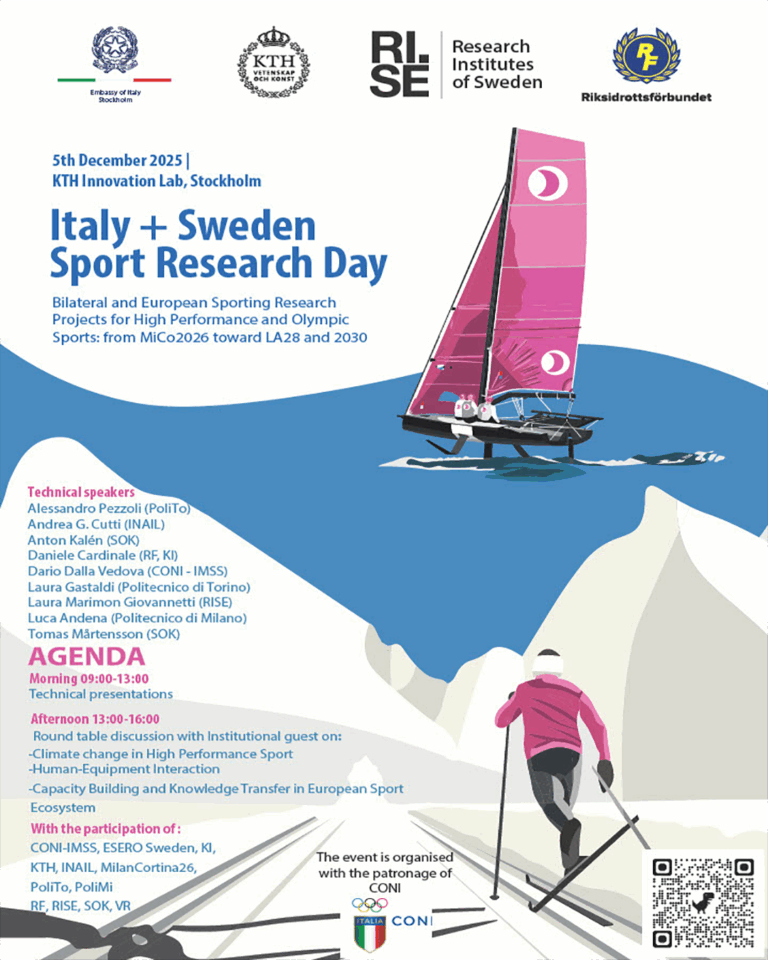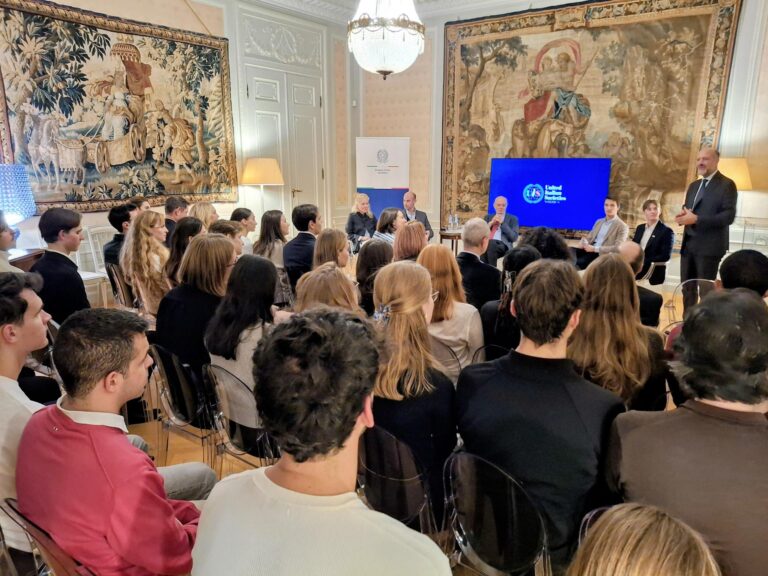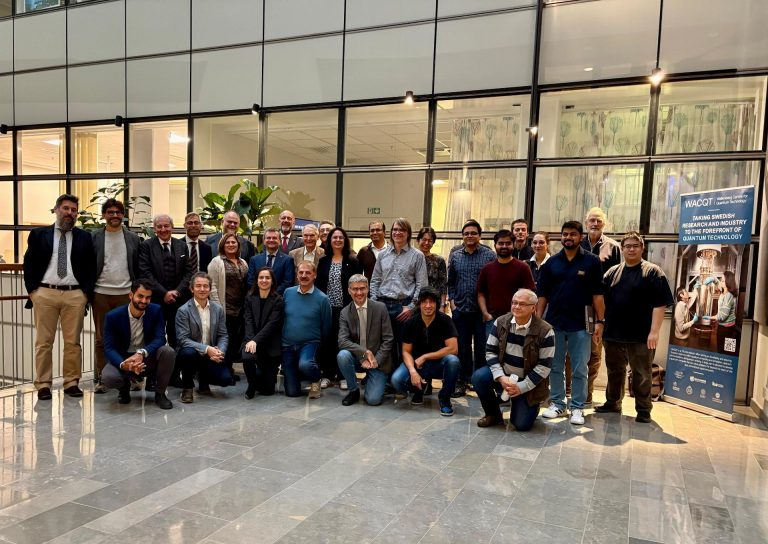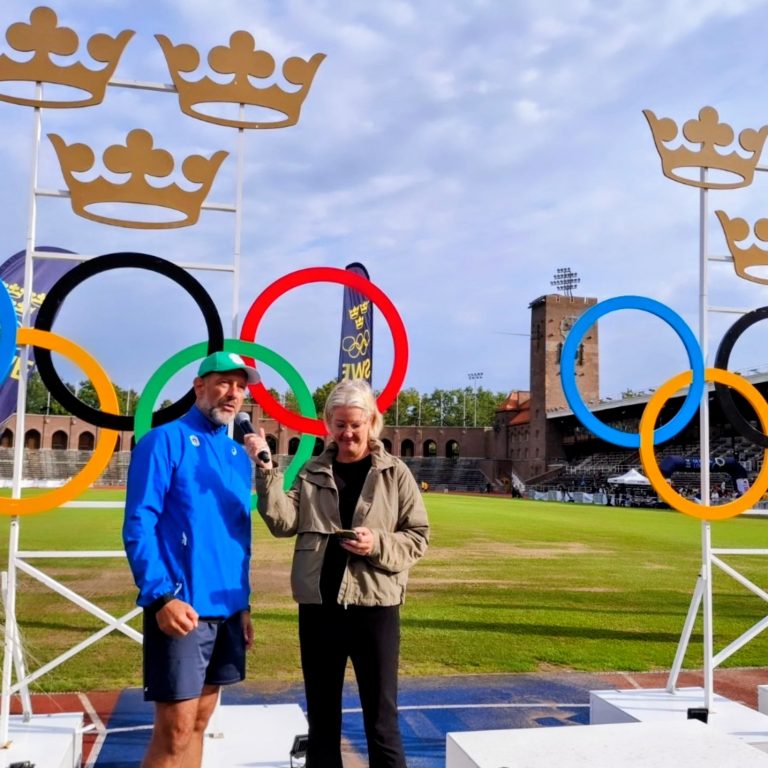The URC in Rome (10-11 July 2025) was the largest and more extensive conference ever organized on the topic of Ukrainian reconstruction and resilience. It hosted around 7.000 participants, including 100 official delegations from 75 countries, 35 international organizations, EU institutions represented by the President of the European Commission, the President of the European Council and nine Commissioners. Notable was the attendance of 16 Heads of State and of Government, among them Ukrainian President Zelenskyy, German Chancellor Merz, and Polish Prime Minister Tusk. Vatican State Secretary Gallagher and U.S. Special Envoy for Ukraine Kellogg were also among the participants. For Sweden’s part, the Minister for EU Affairs Jessica Rosencrantz represented the Government.
There were 2.000 business representatives, 600 civil society organizations, and 500 press representatives.
Italy’s participation was historic, with the presence of the President of the Italian Republic Mattarella, the Prime Minister Giorgia Meloni, the Deputy Prime Minister Min. Tajani, 22 Ministers and Deputy Ministers, a parliamentary delegation led by the President of the Senate and the Vice President of the Chamber of Deputies, over 400 local representatives and 500 domestic companies.
The program included 5 plenary sessions, 28 panels, 14 workshops, 7 labs, nearly 30 side events and numerous multilateral meetings (including the Ukraine Donor Platform (UDP) Meeting, the UDP Steering Committee, the Special Envoys’ Meeting, the Business Advisory Council, the G7+ Energy) for a total of 700 speakers.
Among the plenary sessions, the Plenary of Heads of State and Government, at the opening of the event, the Financial Plenary and the Recovery Forum.
The panel discussions focused on four thematic areas:
- Business: aimed at Ukraine’s economic recovery in terms of energy, industry, and finance, with a focus on energy infrastructure, financial instruments, critical raw materials, manufacturing revival, the defense industry, and support measures for SMEs. There was broad participation from Italian institutions and businesses; cooperation agreements in the military and industrial sectors were signed.
- Human capital: focus on education, employment, healthcare, equal opportunities, disability, culture and reintegration, with the participation of nine Italian Ministers and one Deputy Minister. New agreements were reached in key social sectors, involving Italian, Ukrainian, international institutions, academia and civil society.
- Local and regional: emphasis on the engagement of Ukrainian local communities in the country’s reconstruction process. Topics covered include access to finance, transparency, sustainability and decentralization reforms. Participation of Italian (at a political and industrial level), Ukrainian and European representatives; agreements in the maritime, railway and port sectors were signed.
- EU reforms: focus on Ukraine’s accession to the EU, with attention to issues such as alignment to the acquis, rule of law, anti-corruption efforts, energy transition, environmental restoration, agribusiness and financial integration. Italian Ministers and Ministers from partner countries participated, along with leaders of international organizations and the business community. New agreements were reached in the penitentiary sector and the environmental, anti-corruption and banking cooperation fields.
Business Fair and meetings
The Business Fair featured 120 stands (including 31 Italian, 30 international and 30 Ukrainian); five national pavilions and two humanitarian pavilions. Hundreds of B2B meetings were held and around 500 were targeted at B2G and G2G. Approximately 160 institutional meetings were held by the Ukrainian delegation with Governments, businesses and financial institutions.
Deliverables
The Conference has mobilized over 11.5 billion euro for Ukraine, with contributions from:
- the EU (Ukraine Investment Framework)
- International financial institutions (World Bank, EBRD, EIB; CEB)
- Partner countries: Italy (329M), Denmark, Germany, the Netherlands, the United Kingdom, the Republic of Korea, Sweden (135M) and Switzerland.
- 400 agreements have been signed
- A European Equity Fund has been established







